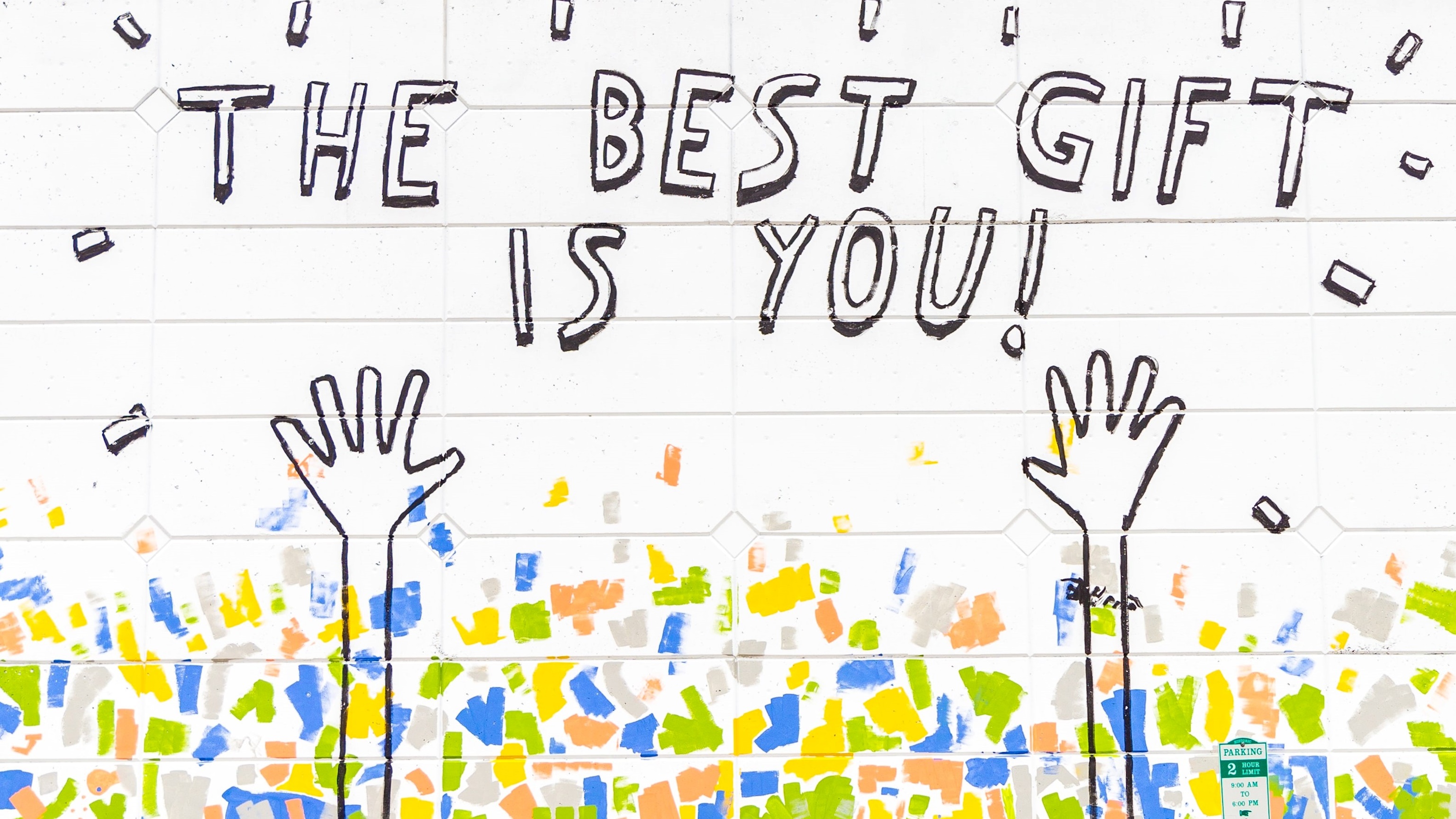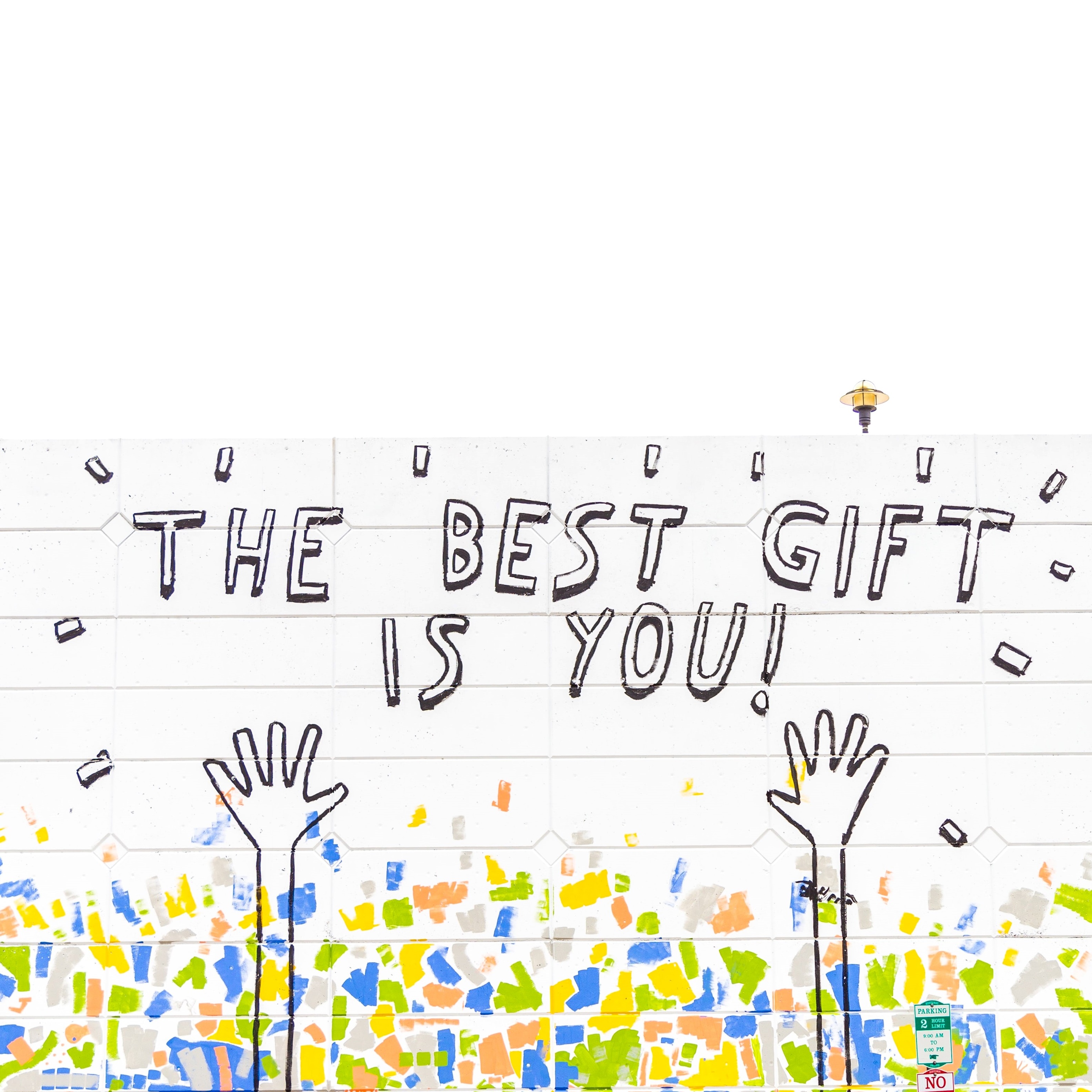Self-Care


The idea of self-care often gets passed off and forgotten. Self-care is broadly defined as steps we take to maintain our health. The crazy excitement and busyness of life can make us forget to do the simple things to take care of our own personal health. Sometimes, we believe that we have too much going on to take time for ourselves. Sometimes, we think that others need us more. Sometimes, we may think that we are not worth the time. Despite our intentions in focusing on others or solely on work, setting aside time for ourselves is key to living a fulfilling life. A common thought is “as long as I go through the motions of life and get everything done, things will be alright.” However, we can’t function at our full potential without doing what is necessary to take care of our mental and physical health. In fact, neglecting self-care can lead to bad habits, lack of energy, and burnout. Beginning to realize the need to create healthy habits in order to take care of ourselves can be a long journey that begins with self-compassion.
Self-Compassion and the Adolescent Mind
Learning to love one’s self and to be comfortable in being one’s self are things that we all greatly hope our kids learn to internalize. Self-compassion takes a lot of work and support. Kids in this generation live in a world of social media comparisons, heightened self-consciousness, and a heavy reliance on peer feedback. Relying on peers for feedback is truly a normal part of the development of self (Broderick & Blew, 2015). However, kids can also be too self-critical sometimes. Kids tend to internalize the evaluations that come from others. Self-compassion means getting to a point of thinking of yourself in a more kind way. Self-compassion is really important, because we are all unique gifts from God and we should be allowed to self-reflect on what that means for us. Another way to reinforce the need for self-compassion is to think about what you would do for a close friend who was struggling in treating themselves right. You would encourage them that they are a worthy human that deserves love right? If you think your friends deserve to be gracious to themselves, why don’t you deserve the same thing? Going with this thinking, if others deserve good things to happen to them, why don’t we?
Self-Care into Action
Self-care is the action of doing things that bring us joy, but self-care also includes actions that do not cause us to overly indulge ourselves. It is important to strike a balance! For both kids and adults, self-care can be very simple or more complex. It may depend on the magnitude of what you need at that time. Some examples of self-care are: taking a break when you really need it, planning a weekend trip, cooking something special or going out for something special, or even just creating a schedule to keep you on track with work. Kids can often over indulge themselves by eating out a lot, buying a lot of unnecessary things with their money, and napping a lot. However, little bits of each of these things can really improve one’s health. Many times, your kids will become very stressed from homework, miss friends/family, or just be overwhelmed. Recognizing these times and having kids take time to give themselves grace in self-care is very important. Along with creating habits of self-care, Mrs. Mee has done a lesson with the lower school about healthy habits. Healthy habits involve teaching kids to start early in doing little bits of self-care regularly. Healthy habits include: brushing one’s teeth every day, exercising a bit now and then, taking walks, or spending a bit of time reading a book regularly. Discussing with your kids how important these little bits of healthy habits can be to their overall health could be the first step to developing self-care throughout their lives.
Self-Care Ideas:
It’s important to realize that self-care can look different for everyone. Here are just a few ideas of some self-care activities, that may be beneficial for you or your student:
- Cooking a full meal from scratch or enjoying a favorite meal out
- Meditating/grounding
- Getting homework done ahead of time
- Implementing short study breaks (watch a TV episode or just relax)
- Reading
- Getting enough sleep at night
- Volunteering
- Journaling
- Attending plays, sporting events, etc.
- Making time to be with friends/family
- Praying
- Listening to some music
- Going for a walk
- Coloring
- Taking a hot shower/bath
- Waking up with enough time to not rush
Other Resources to Consider:
- https://www.habitsforwellbeing.com/what-is-self-care/
- https://www.winona.edu/resilience/Media/Grounding-Worksheet.pdf
- https://www.health.harvard.edu/blog/self-care-4-ways-nourish-body-soul-2017111612736
References
Broderick, P. C., & Blewitt, P. (2003). The life span: Human development for helping professionals. Merrill/Prentice Hall.










